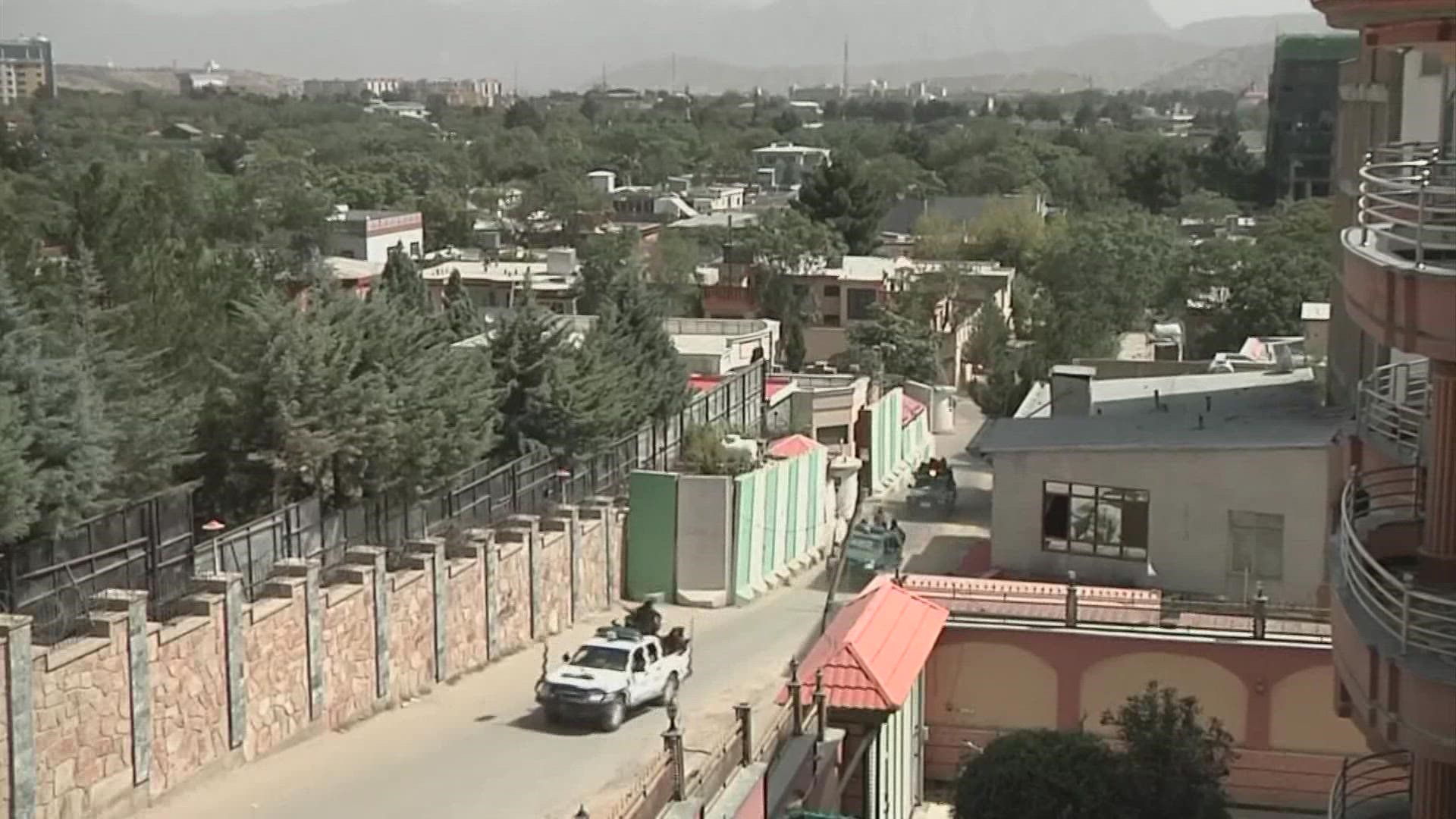Twenty years later, U.S. Troops and their NATO allies are leaving Afghanistan.
Dramatic video Monday shows people clinging to the fuselage of a U.S. military aircraft as it taxied at Hamid Karazi International Airport in Kabul.
CBS News reported gunfire rang out at Hamid Karzai International Airport in Kabul as Afghans flooded the tarmac in hopes of fleeing the country in the wake of the Taliban's lightning-fast takeover.
U.S. troops opened fire as they tried to control the crowd, but all evacuation flights were halted as the situation deteriorated, with desperate Afghan civilians swarming planes as they took off.
President Joe Biden called on the U.S. withdrawal from the region back in April but the administration miscalculated how fast the capital of Kabul would fall.
Afghans who became allies of the U.S. are now left to wonder if they will survive Taliban rule when troops are no longer there to protect them.
“We've got many thousands of Afghan allies still stuck in Afghanistan. Many have been killed. The rest have targets on their backs by the Taliban,” said Tom Porter, executive vice president of Iraq and Afghanistan Veterans of America.
Porter spent a year in Kabul. He said he saw how a U.S. presence in the region allowed Afghans freedoms they had never seen before.
“In 2001, there were 3,000 young men in college in Afghanistan and just months ago it was over 300,000 women and men,” Porter said.
After spending nearly one trillion dollars to arm and educate the Afghan army to fight against the Taliban, the Afghan military surrendered.
“It's a massive failure. The American military should be able to do better, but then again, we can provide them [Afghan military] with all the weapons and training equipment and advice but in the end, it’s up to them to administer their military and have the courage to fight,” said retired US Army Colonel Peter Mansoor who teaches military history at Ohio State.
And for troops coming home, they too will wonder if their sacrifice was worth it.
“I think most soldiers will be sad about the sacrifices they made. The friends they've lost but realize it's time to move on,” Mansoor said.
“When you don't have the American public behind you for such an important foreign policy, it's just not sustainable,” Porter said.
Quick history:
Jan. 1, 2015 — After more than 13 years of combat operations in Afghanistan, the U.S. begins Operation Freedom’s Sentinel (OFS). The new mission conducts counterterrorism operations targeting terrorist groups like al-Qaida and the local ISIS affiliate. It also focuses on building up local Afghan security forces to help fight the Taliban.
Dec. 9, 2019 — Confidential documents released by the Washington Post reveal that top U.S. officials misled the American public about the war in Afghanistan in order to conceal doubts about the likelihood that the United States could be successful in the nearly 20-year effort since its earliest days, the paper reports.
April 14, 2021 – President Joe Biden formally announced the withdrawal of U.S. troops before September 11, 2021, deeming the prolonged and intractable conflict in Afghanistan no longer aligns with American priorities. “It’s time to end America’s longest war,” he says.
August 2021 – Taliban take control of the Afghan capital of Kabul, almost two decades after they were driven out by U.S. troops. President Biden sends an additional 5,000 troops to Kabul to evacuate U.S. personnel.
Iraq and Afghanistan veterans in need of free counseling and other resources can find help here.

